Travel is amazing! It is filled with wonderful experiences, unique moments, building of relationships and friendships, plus there’s the food, culture, and much more! Travel is also.. expensive! After travelling full time for 6 months, with numerous other trips before and after.. we would know! However, while you need to prepare for this financial impact, there are many things you can do to save money while on the road. Read on for our guide and tips on how to save the cash while full time travelling and still having a good time!
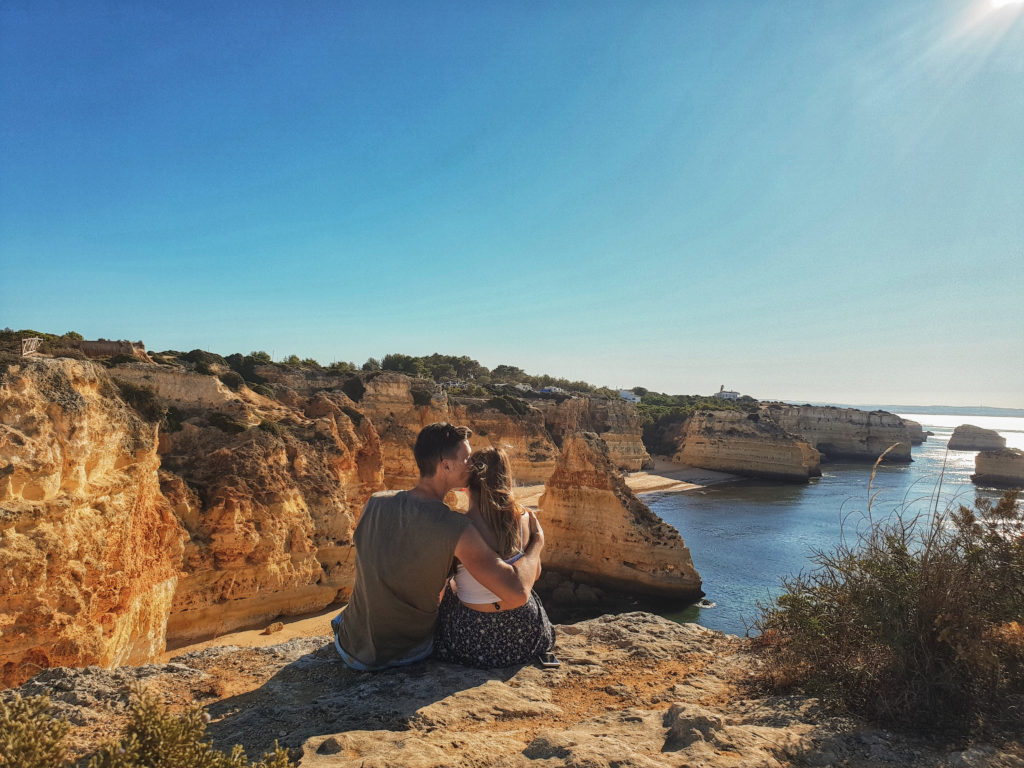
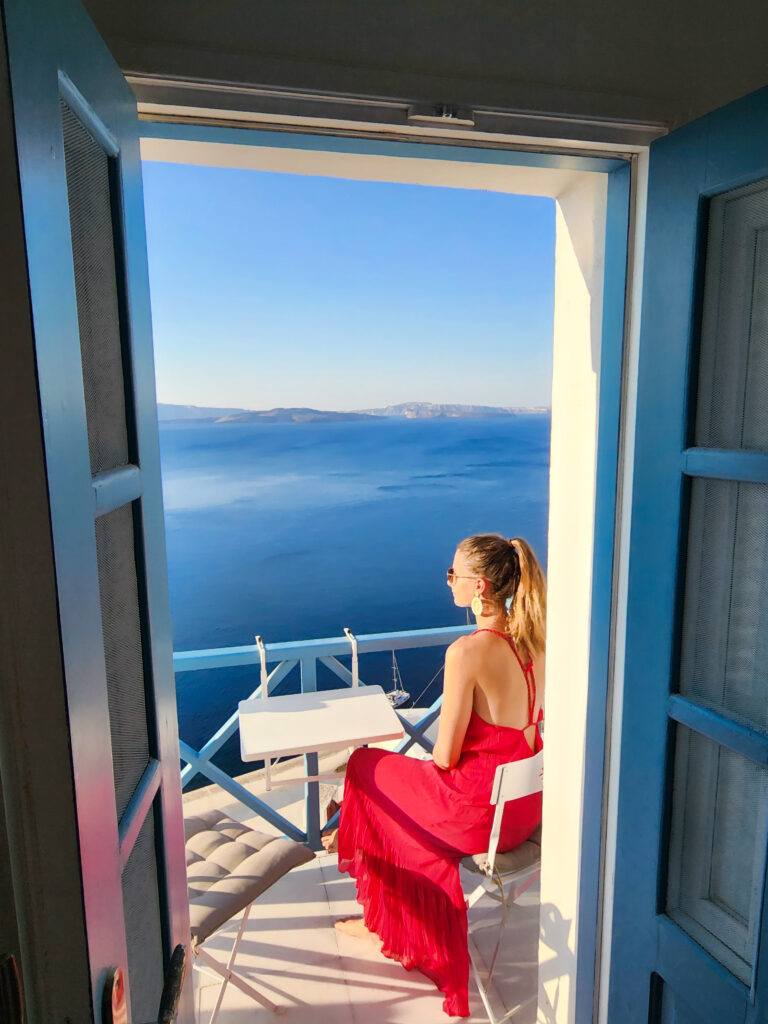
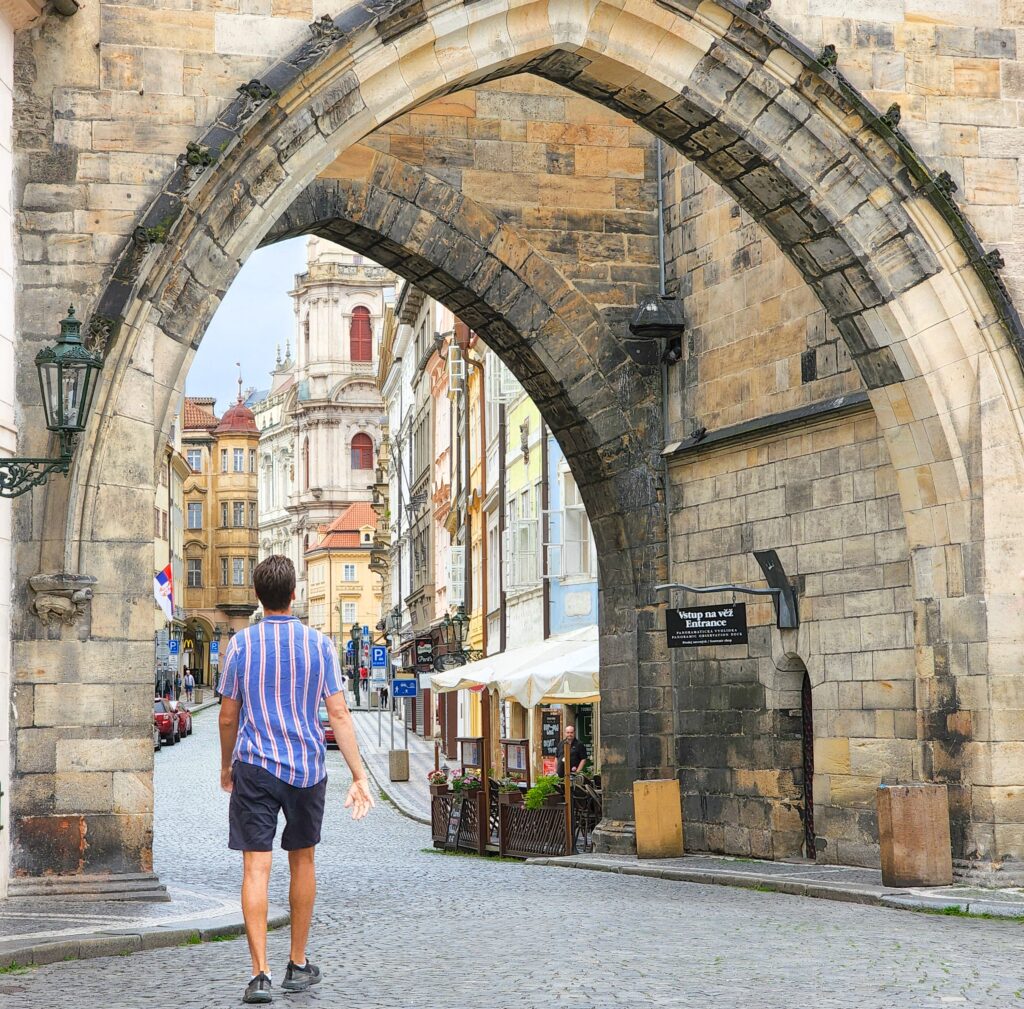
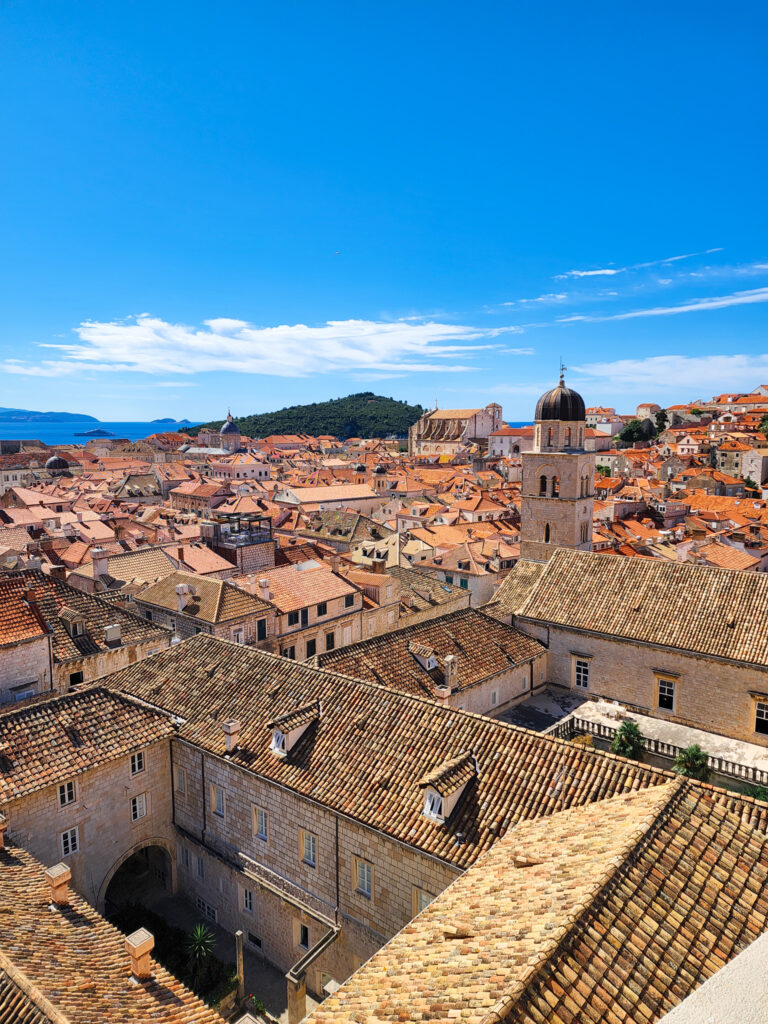
See our tips on how to save money when travelling full time
Don’t buy all your meals
This is a tough but necessary consideration when travelling for longer periods. While eating out is often one of the best parts of your travels, it can get expensive (depending on where you travel). We strongly advise you cook some meals at home, and in particular, breakfast should be something you either look to have included in your hotel/accommodation, or, have at home. Additionally, buying some food from the supermarket for a picnic or ‘simple meal’ can definitely help save the $$.
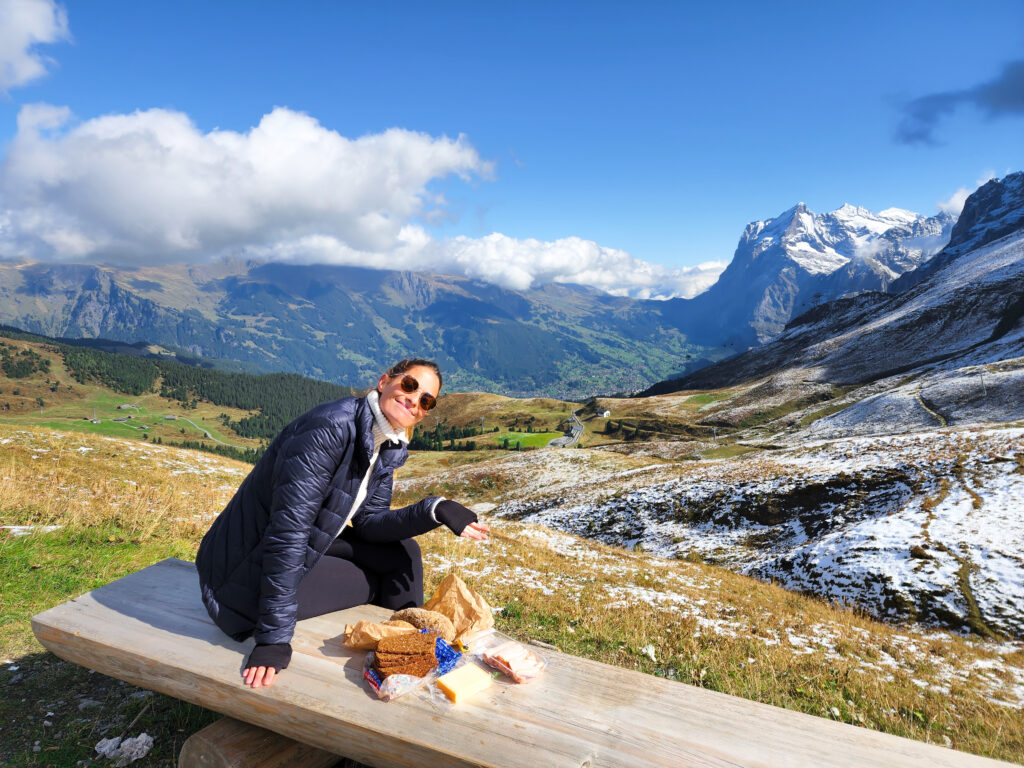
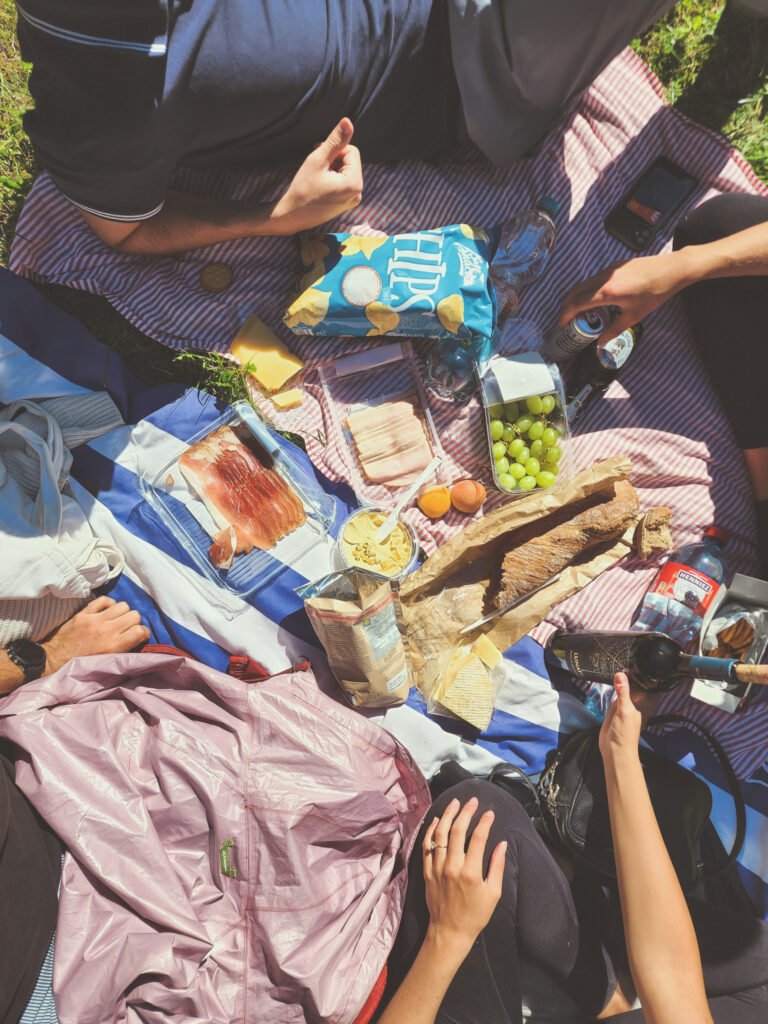
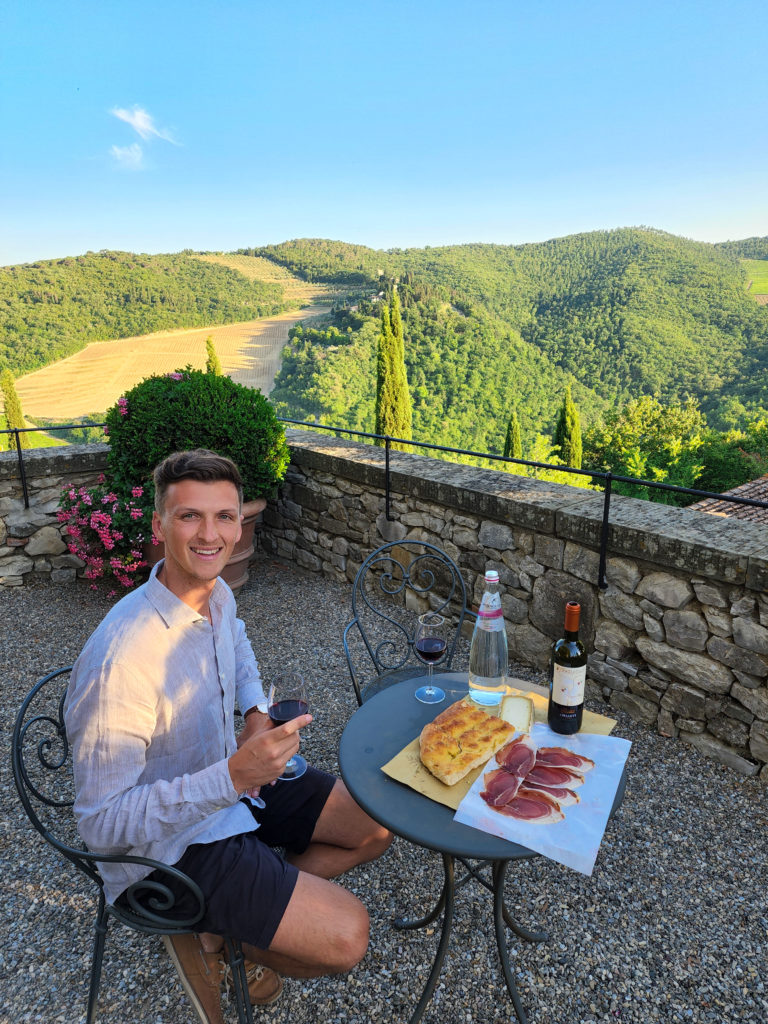
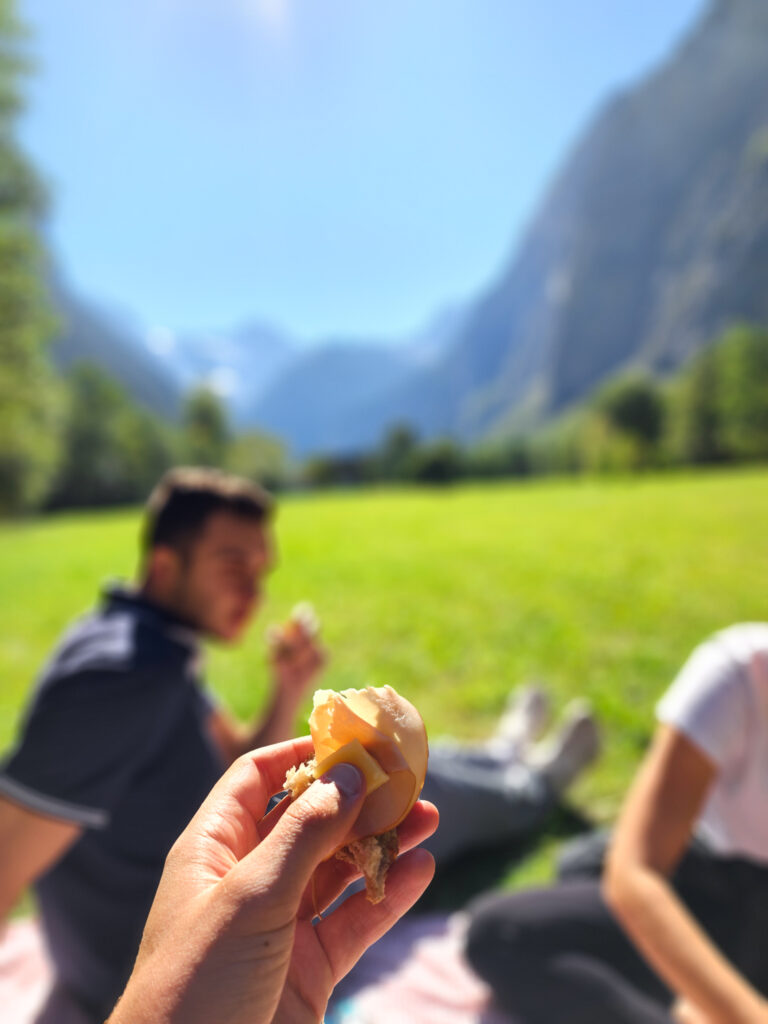
Drink coffee at the bar
We love sitting in cafe’s and so this point we find tough, but it is a good way to save money. In big European cities, particularly in Italy, you have two difference prices for drinks, one if you sit and get service, and another if you perch at the bar for your drink. An espresso will cost around €0.5-1 if you have it at the bar, while if you sit it may cost up to €3-4. As you may have noticed from our many blogs and reels, we do love sitting down at cafe’s, people watching and enjoying the experience. However, it’s a good way to save if you’re in need of $$.
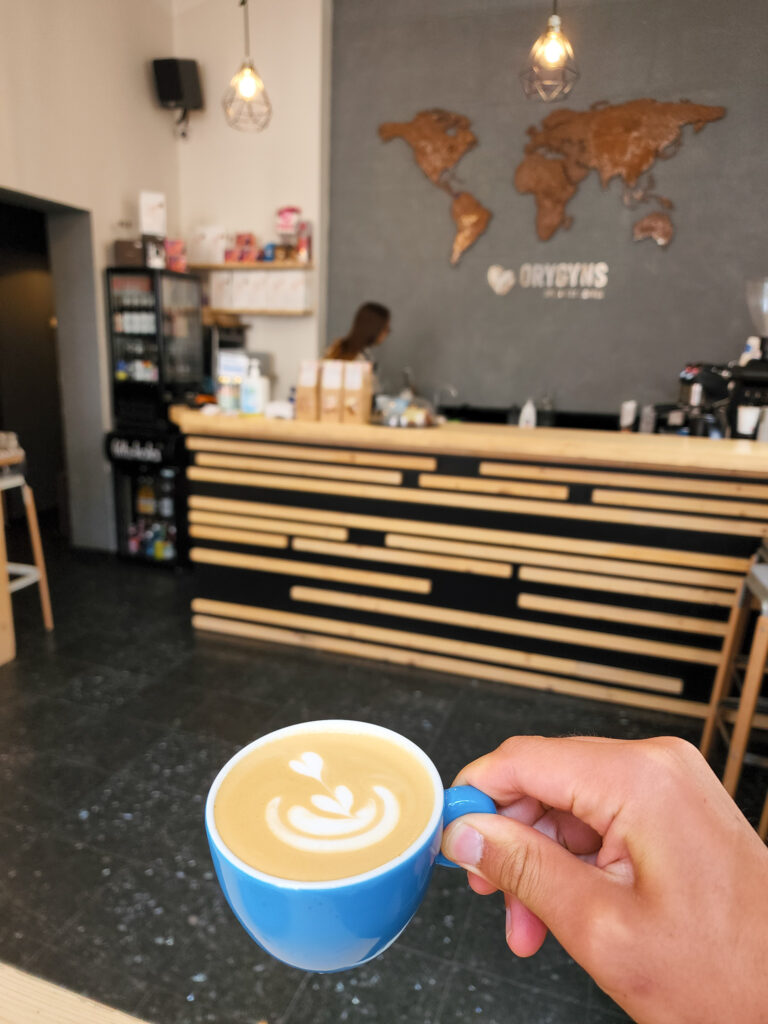
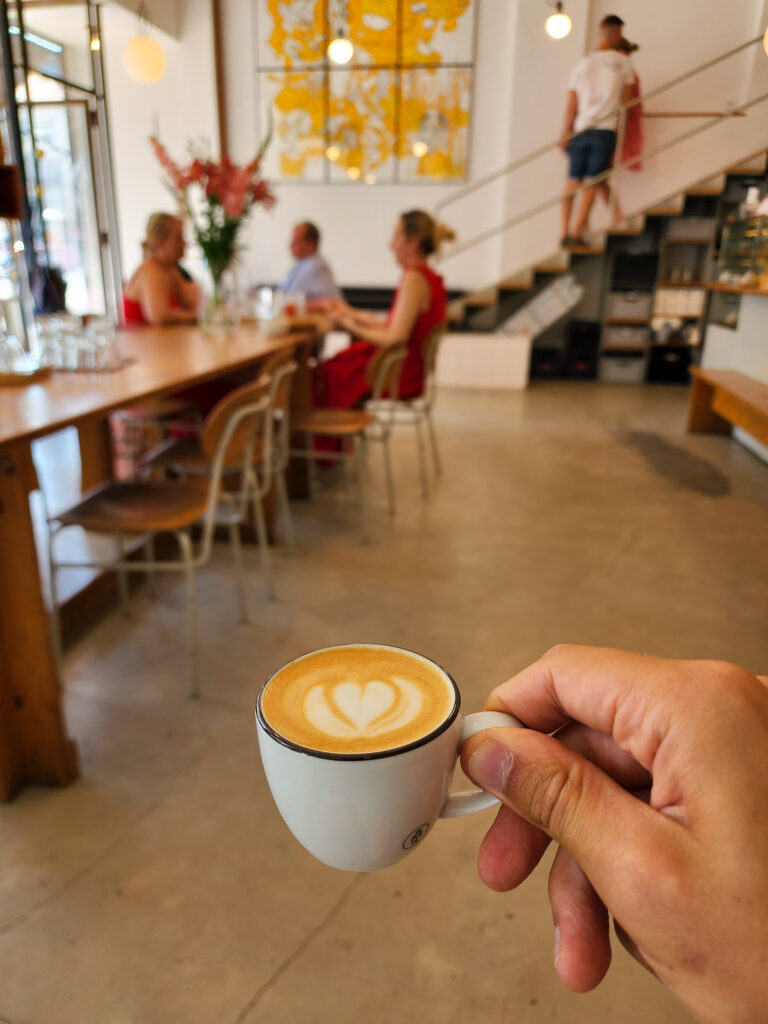
Avoid buying too much overseas
Okay, this is a big one. We love shopping, and browsing cute boutiques is definitely something we do overseas. However, if you’re looking to save money, holding on the spending is a must! There are often ‘tourist trap’ prices, your luggage will unlikely be able to fit in too much, plus you likely don’t want to carry extra things around for your whole travels. So while you may buy a few things overseas, we urge you to be savvy with your cash here.
Book things early!
Booking early is a much if you want to save money. In particular, booking flights and accommodation works out much better when book early. Things like airfares can often be significantly higher if you wait until the last minute. We experienced this, initially booking most of our flights and a lot of accommodation early, but then had some later flights which were much more expensive than if we had purchased them early.
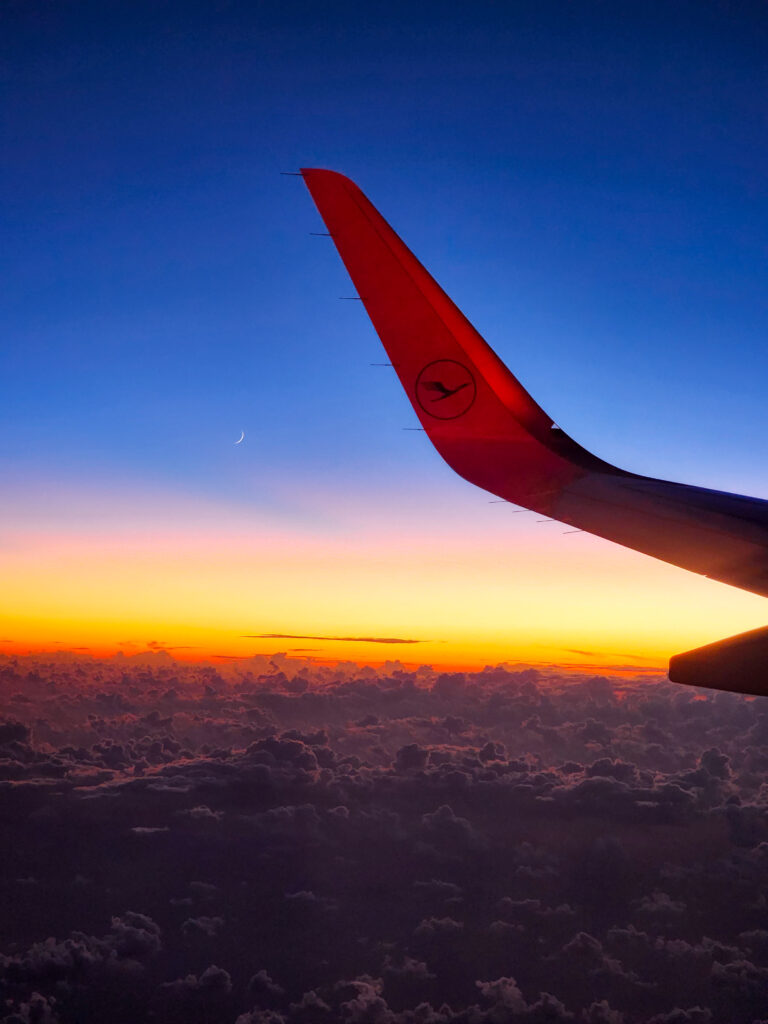
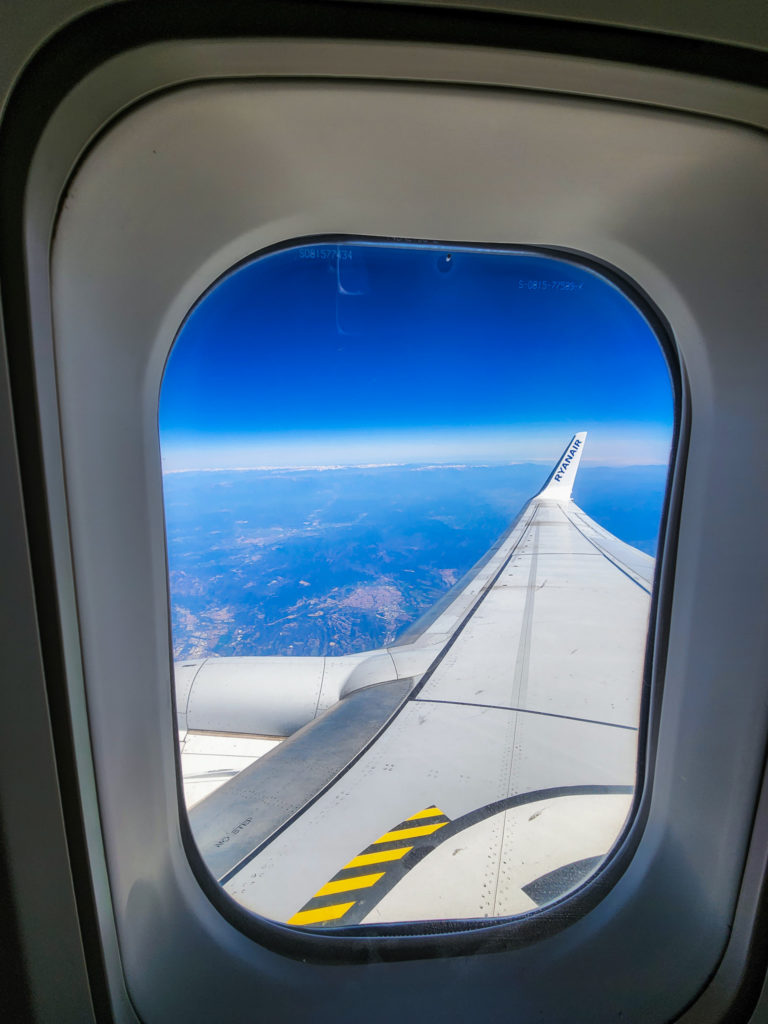
Follow tips and tricks from travel blogs
Yes, we are biased here! However, we regularly use travel blogs to help inform and plan our trips. This can be a great way to source recommendations (e.g. cheap eats or good accommodation) and avoid common tourist traps!

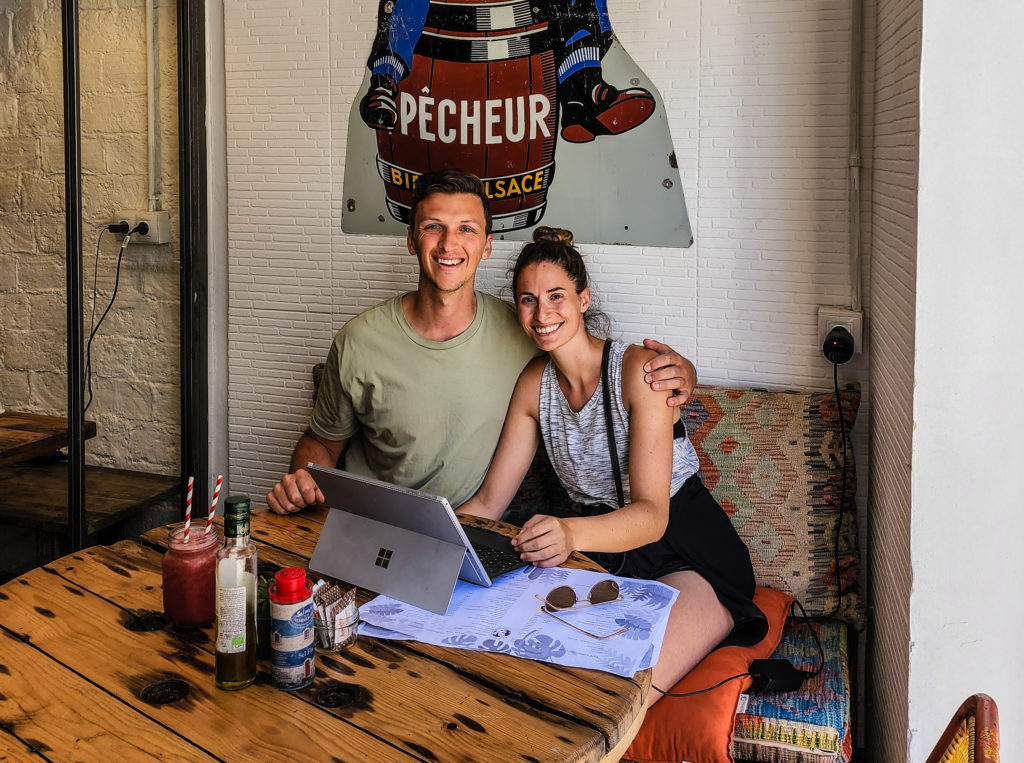
Eat dinner at home or somewhere cheap and go out for a wine
Get the vibe/experience without the price tag! This was one of our go-to moves! We’d cook some food at our accommodation, then head out to a cute wine bar, or grab a bottle of local wine from the supermarket and head to watch the sunset. It’s a great way to save money but still enjoy the best bits of the atmosphere!
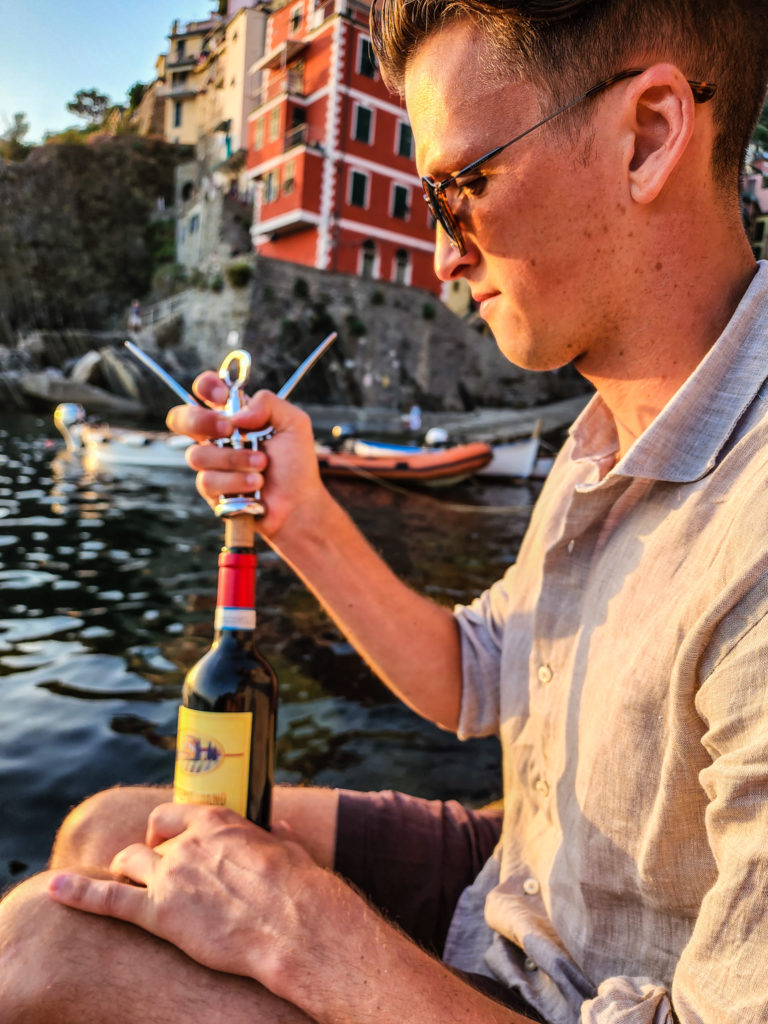
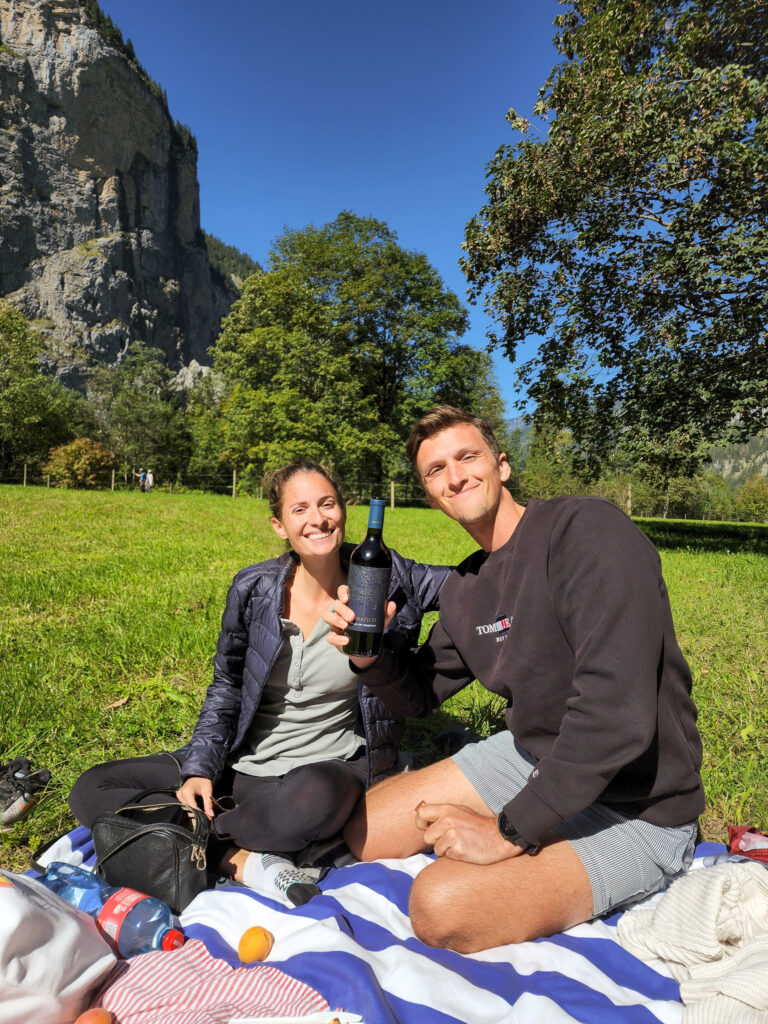
Don’t buy too many (or any) souvenirs
Controversial for some, and common sense to others. We aren’t big souvenir fans, and the only things we regularly purchase in countries are little fabric patches to attach to our travel back pack.
Refillable water bottles
Take a water bottle to avoid buying bottles. It is cheaper and better for environment! In many countries where it is safe to drink the water we would regularly take a refillable bottle, however there are some countries you probably shouldn’t drink the water. Take a look at our guide about safe drinking water in Europe.
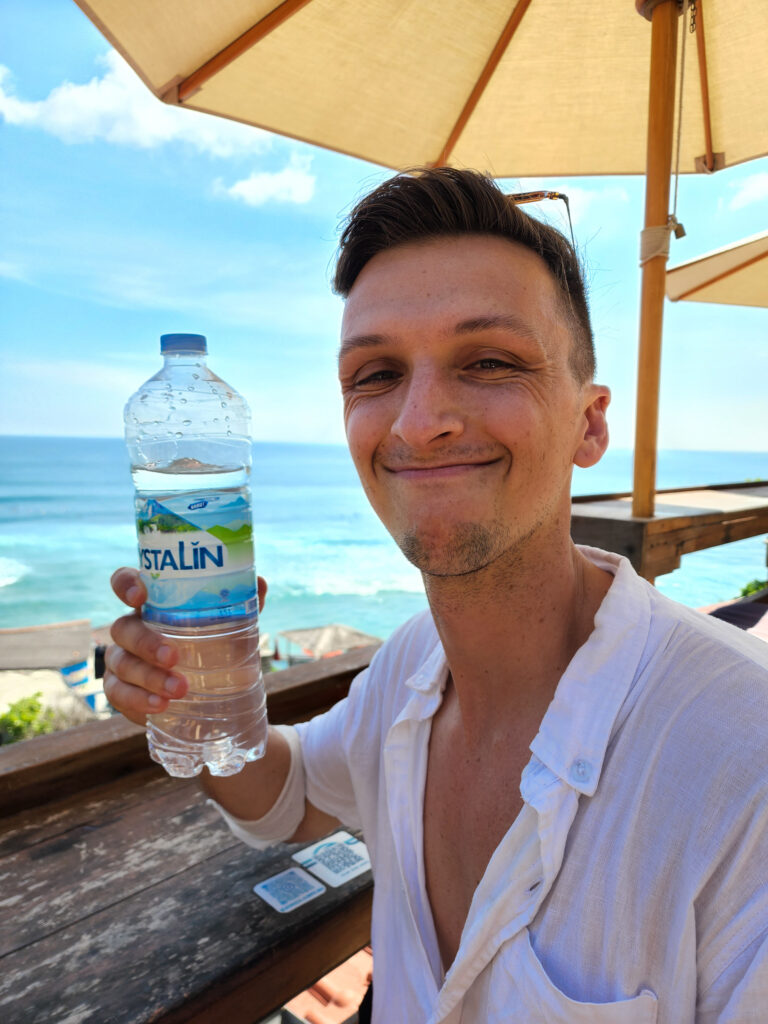
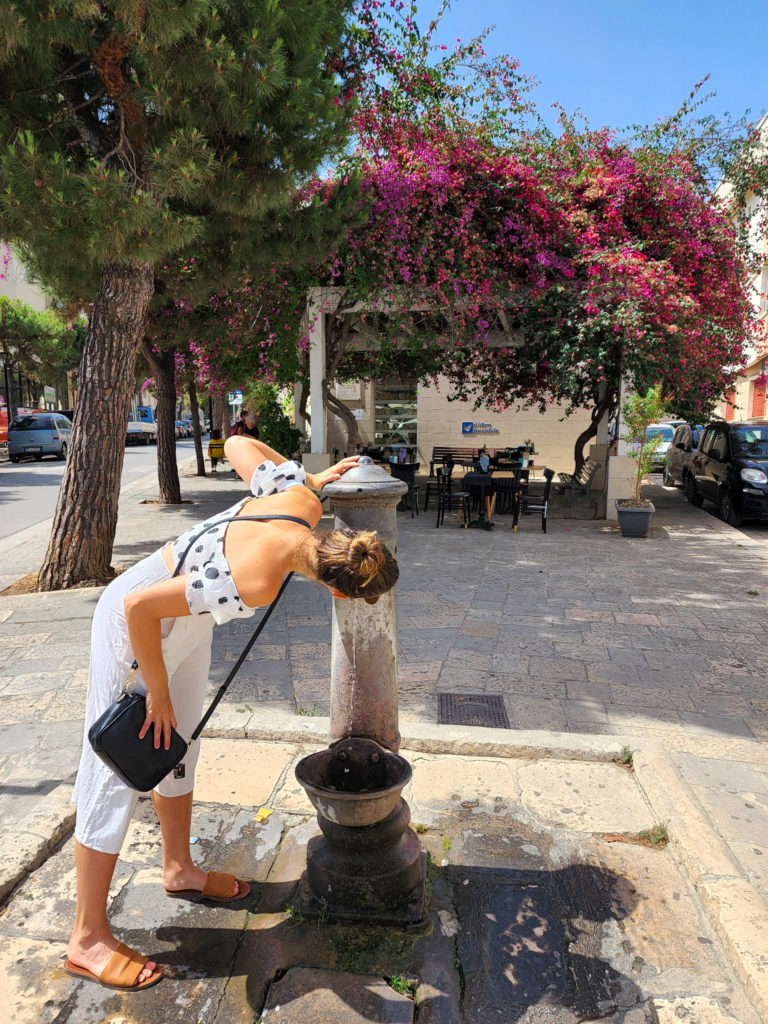
Buy food take away or from food market
Why? Well, there often different prices for takeaway vs eating in (e.g. in Venice an Aperol Spritz was 4-6 euros take away, but up to 10-15 euros sitting in). It can be a good way to save some $$.
Catch trains (or busses)
Transport is not only time consuming, but it can get expensive. In particular, flights add up in cost, and driving or hiring a car is very expensive in peak times and regions. While trains can be expensive in some countries (e.g. UK), it represents one of the most cost-effective way of getting around. The cheapest option is busses, however these are far less reliable, slower, and definitely more chaotic. Regardless of your choice, travel days suck. See our guide to ‘beat travel days’ here.
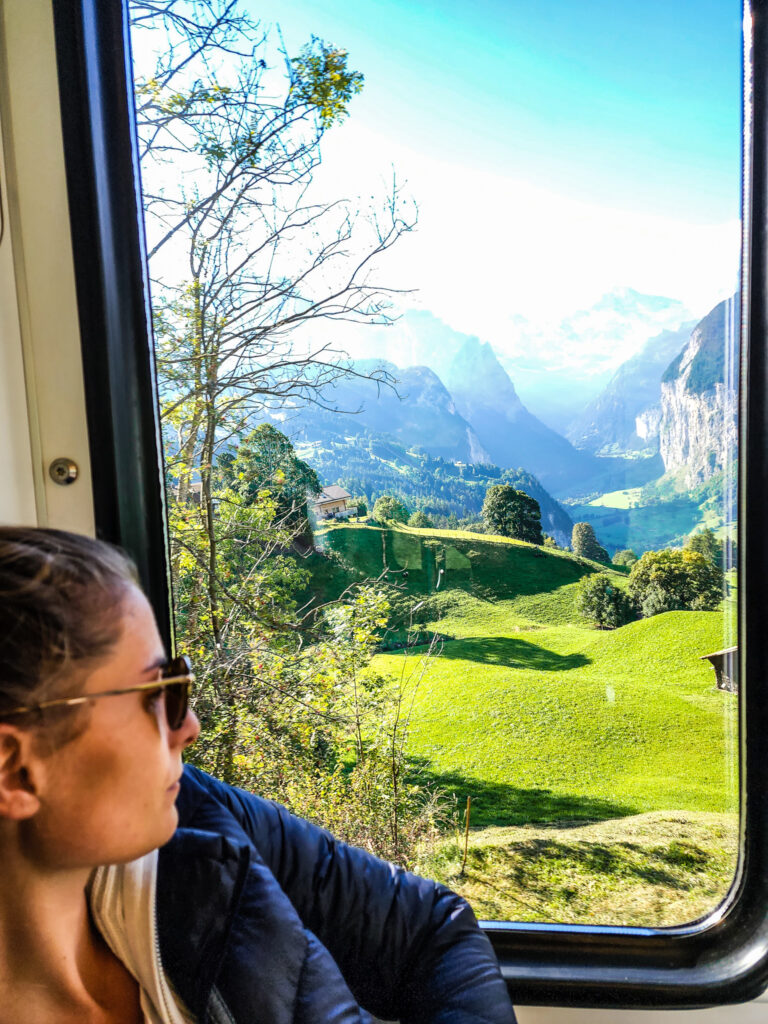
Bakeries are great value!
If you’re looking for a cost effective, tasty and cheap eat.. then hit up local bakeries. While it may not be the healthiest option, it definitely is very budget friendly!
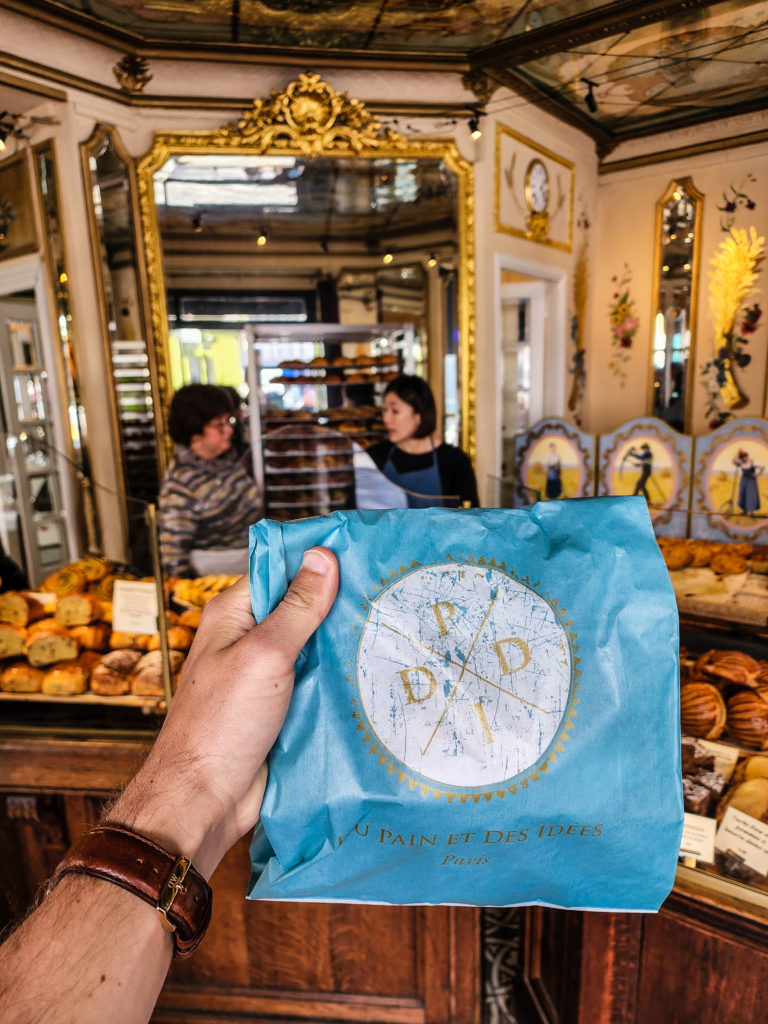
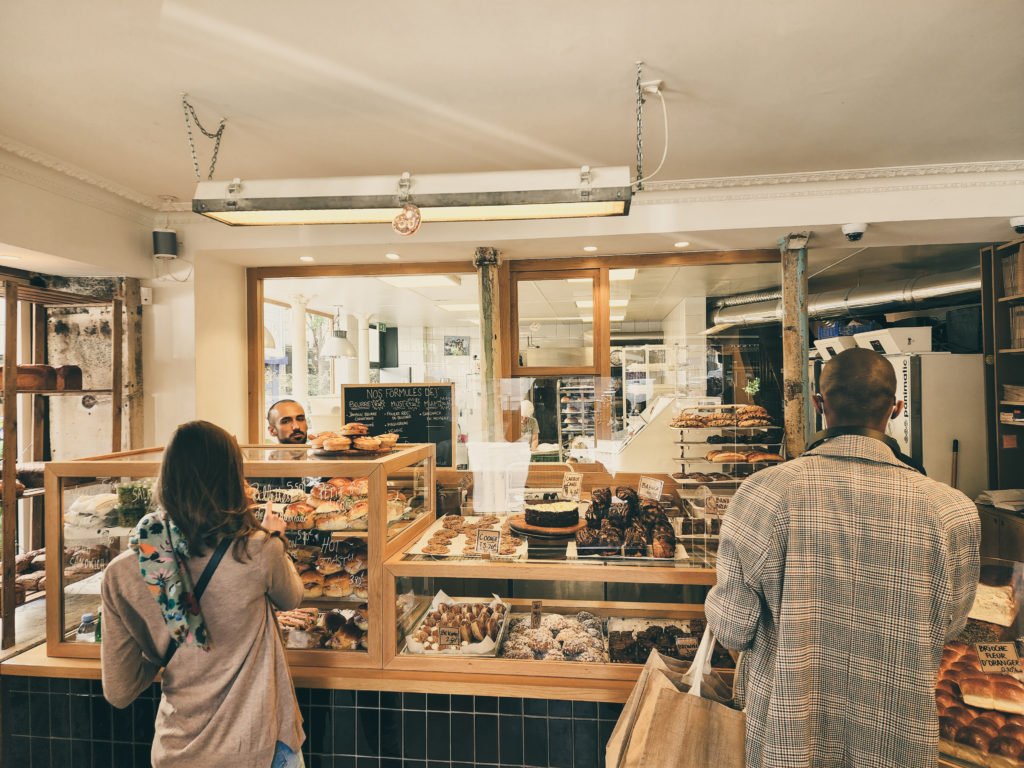
Shop in supermarkets
When on a longer trip, utilizing supermarkets for meal prep, buying essentials, and even buying drinks (e.g. bottle of wine) will save you significant $$. We would regularly hit up a supermarket when we arrived at a new destination to buy basics and food for meal prep.
Consider the tourist attractions
When travelling for a long period of time (e.g. 6 months like did), you realistically won’t be able to afford every single ‘main attraction’. These big ticket items (e.g. museums, tours, historical sites etc) are often quite expensive, and it does add up. Consider what are the “must do” vs ones happy to miss.. e.g. what’s the goal for your visit. We would regularly only do one of the key attractions in key cities rather than everything, both to have a slower pace of travel, and to save money. We also found that walking the city, exploring the neighbourhoods, and tasting the good local food was ‘more rewarding’ for us and our style of travel (this may not be everyone’s view).
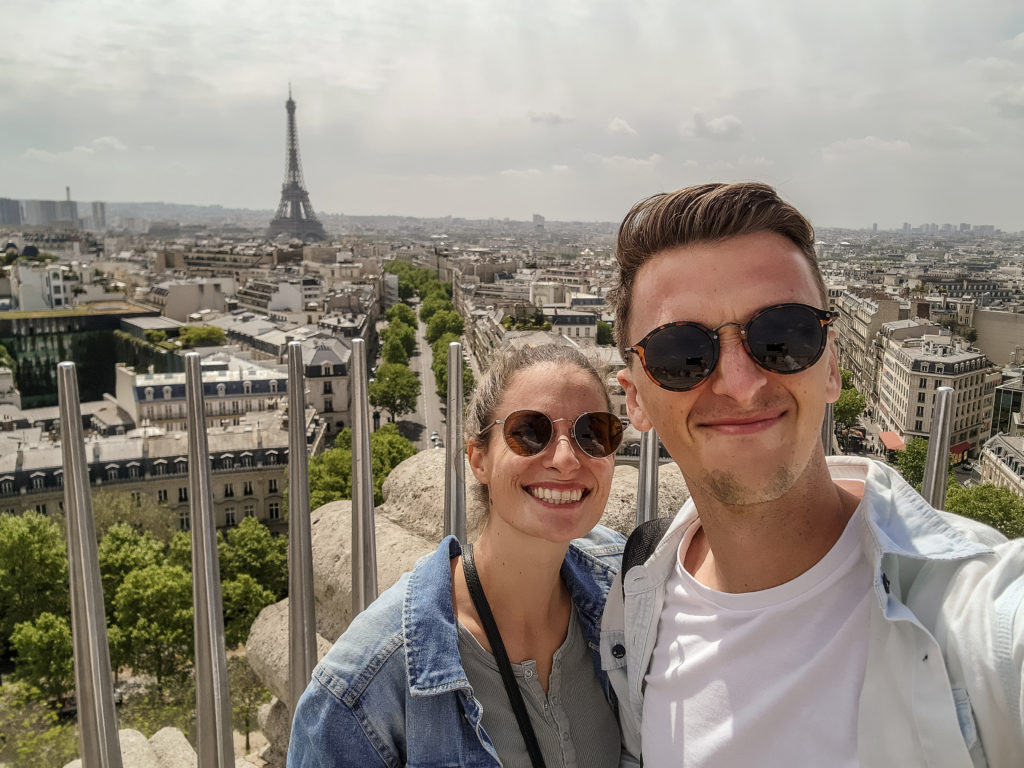
Accommodation locations..
Stay in accommodation just outside of the city and walk in (e.g. 10-20min walk), or shared accommodation. Yes.. the villa or apartment in the heart of the city is amazing, but not cost effective everywhere. In bigger or more expensive cities (e.g. Paris, London etc), staying on the fringe of the city, or in a shared apartment/dorm, may represent the best chance saving some money.
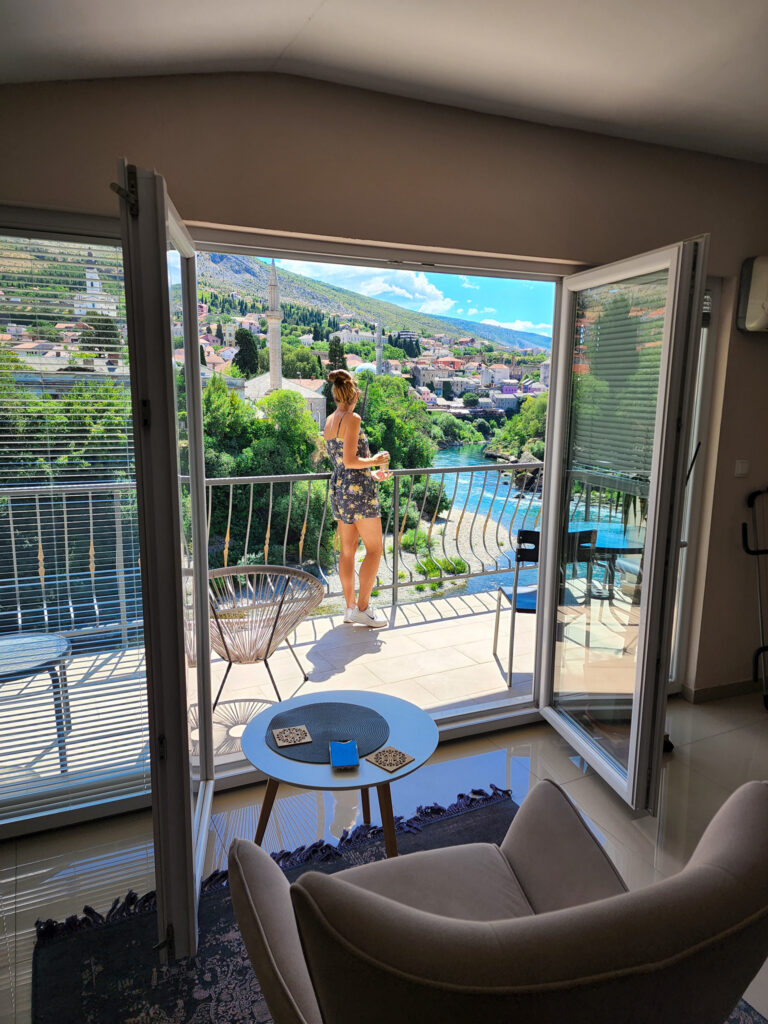
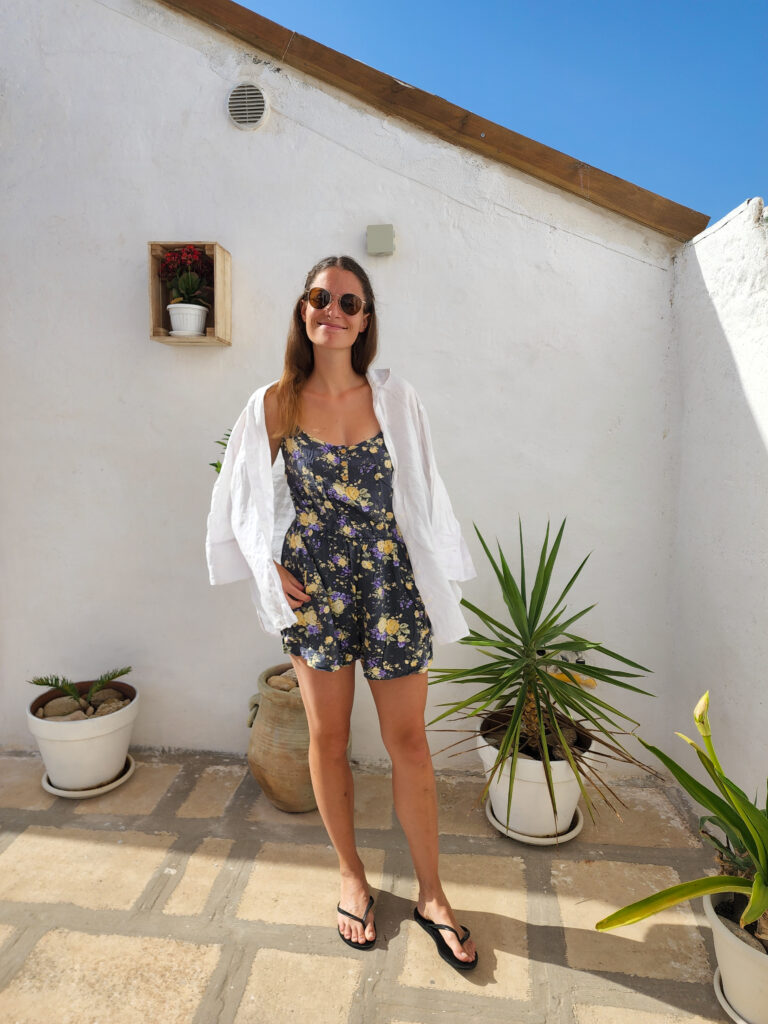
Enjoying our posts & advice? Subscribe to our blog!
Jump your email into the list below. We won’t spam you! It’ll just keep you updated whenever we post another travel-related adventure, memory or tid-bid!
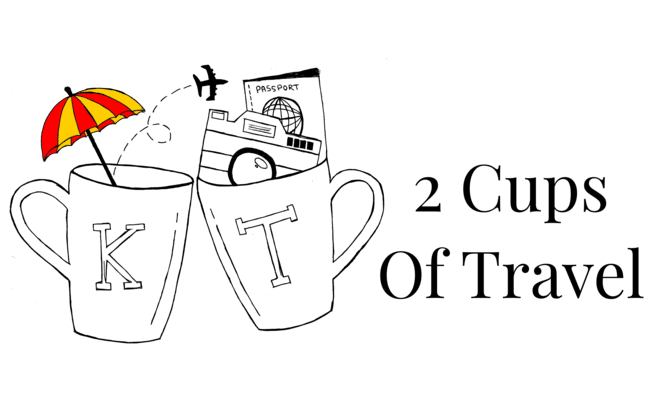
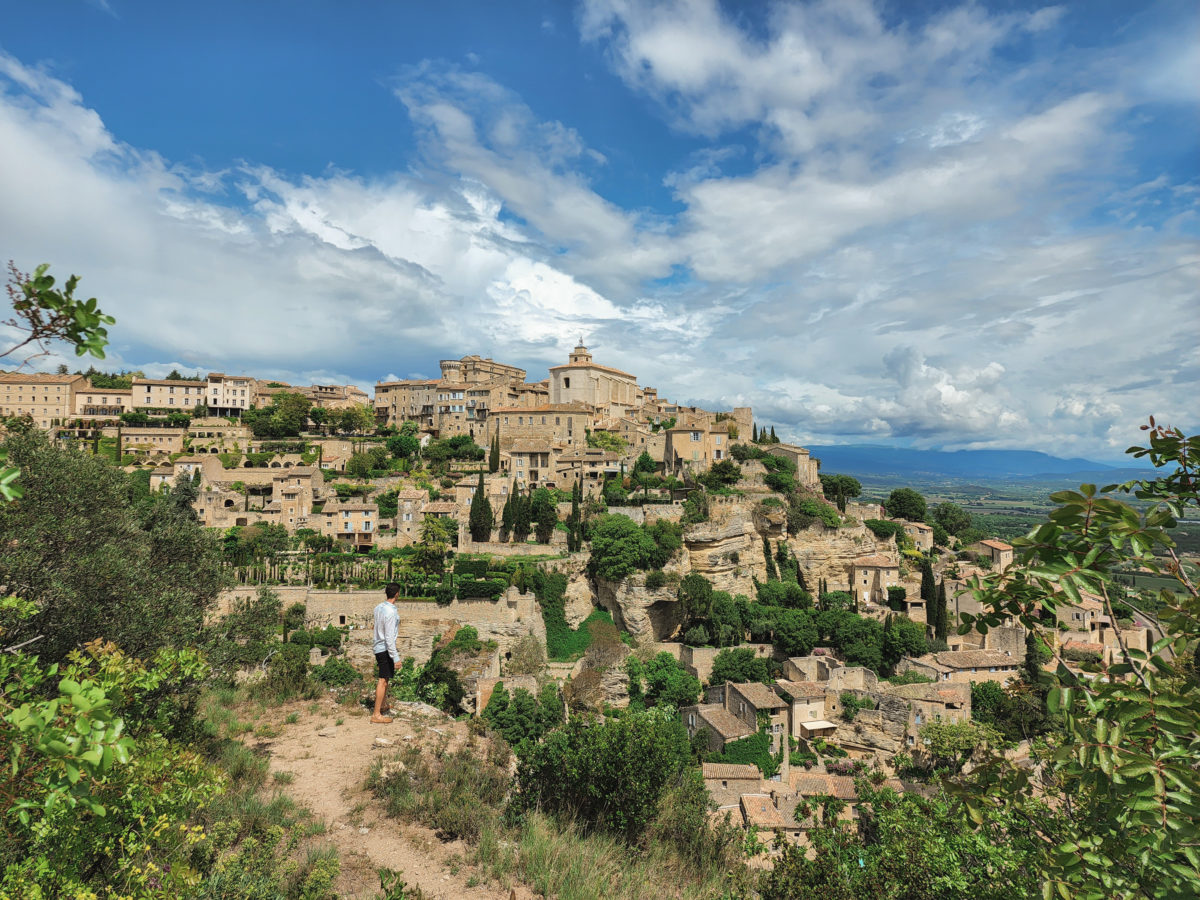

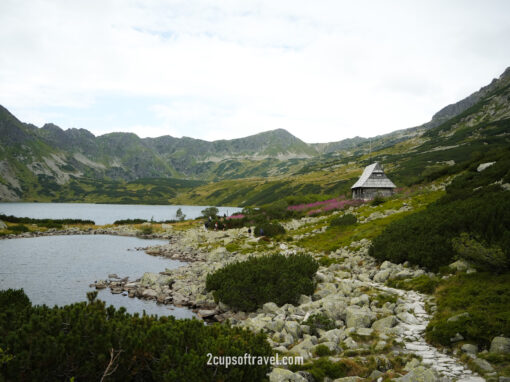
Pingback